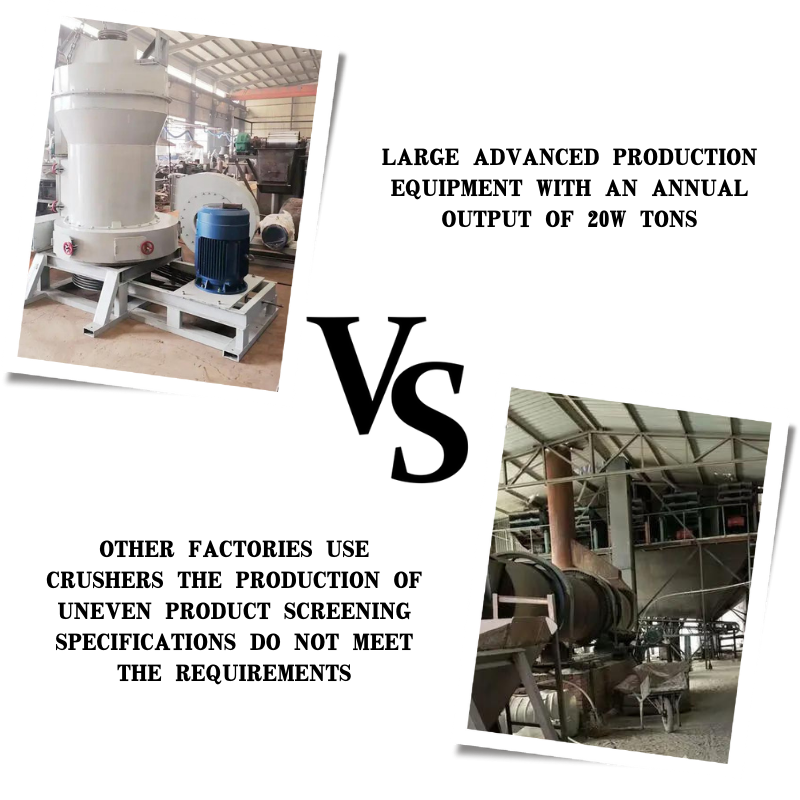
perlite in raised garden bed
The Benefits of Using Perlite in Raised Garden Beds
Raised garden beds have gained immense popularity among gardening enthusiasts and urban dwellers alike. They offer several advantages, including better drainage, improved soil quality, and easier access for gardening. One of the key ingredients that can enhance your raised garden bed is perlite, a volcanic mineral that is expanded through heating, creating lightweight and porous granules. This article explores the benefits of incorporating perlite into your raised garden bed and how it can significantly improve your gardening experience.
What is Perlite?
Perlite is a natural volcanic glass that is heated to over 1,600°F (870°C), causing it to expand and become lightweight and porous. When added to soil, it improves aeration and drainage, making it an excellent choice for a variety of gardening applications. It is commonly used in potting mixes, seed starting, and garden beds, particularly in cases where soil composition is crucial.
Enhances Drainage
One of the primary benefits of using perlite in raised garden beds is its ability to enhance drainage. In soil that is heavy or compacted, water can pool and lead to root rot and other issues for your plants. By integrating perlite into your soil mix, you create air pockets that allow water to flow freely, preventing waterlogging. This improved drainage is particularly beneficial for plants that prefer well-drained soil, such as succulents, herbs, and vegetables.
Improves Aeration
In addition to drainage, perlite significantly improves aeration in the soil. Healthy root systems require oxygen to thrive, and compacted soil can restrict airflow. By using perlite, you ensure that there are sufficient air pockets around the roots, promoting healthy growth. This is especially important in raised garden beds, as they tend to retain moisture more effectively than traditional in-ground gardens.
perlite in raised garden bed

Lightweight and Easy to Use
Perlite is remarkably lightweight compared to other soil amendments, making it easy to work with when filling raised garden beds. Whether you're mixing it with existing soil or creating a new potting blend, its low density means you can transport and apply it without much effort. This feature is particularly useful for urban gardeners who may have limited space and resources.
pH Neutral
Another advantage of perlite is that it is pH neutral, meaning it won’t alter the acidity or alkalinity of your soil. This quality makes it an ideal addition for a wide variety of plants, as you won’t have to worry about affecting their preferred growing conditions. Whether you're growing vegetables, flowers, or herbs, perlite can be used safely without fear of negative impact on your plants.
Versatile Application
Perlite can be used in various ways within your raised garden bed. You can mix it into your soil when preparing the bed or use it as a top dressing to improve surface drainage. Additionally, it can be extremely beneficial in potting mixes when starting seeds or propagating plants, ensuring a well-balanced environment for young plants.
Conclusion
Incorporating perlite into your raised garden bed offers numerous benefits, including improved drainage, aeration, and a lightweight nature that makes gardening easier. By harnessing the advantages of this natural volcanic mineral, you can create a thriving environment for your plants, whether you’re growing vegetables, herbs, or ornamental flowers. Embrace the benefits of perlite and take your gardening to new heights!
Share
-
Premium Pigment Supplier Custom Solutions & Bulk OrdersNewsMay.30,2025
-
Top China Slag Fly Ash Manufacturer OEM Factory SolutionsNewsMay.30,2025
-
Natural Lava Rock & Pumice for Landscaping Durable Volcanic SolutionsNewsMay.30,2025
-
Custom Micro Silica Fume Powder Manufacturers High-Purity SolutionsNewsMay.29,2025
-
Custom Mica Powder Pigment Manufacturers Vibrant Colors & Bulk OrdersNewsMay.29,2025
-
Custom Micro Silica Fume Powder Manufacturers Premium QualityNewsMay.29,2025






